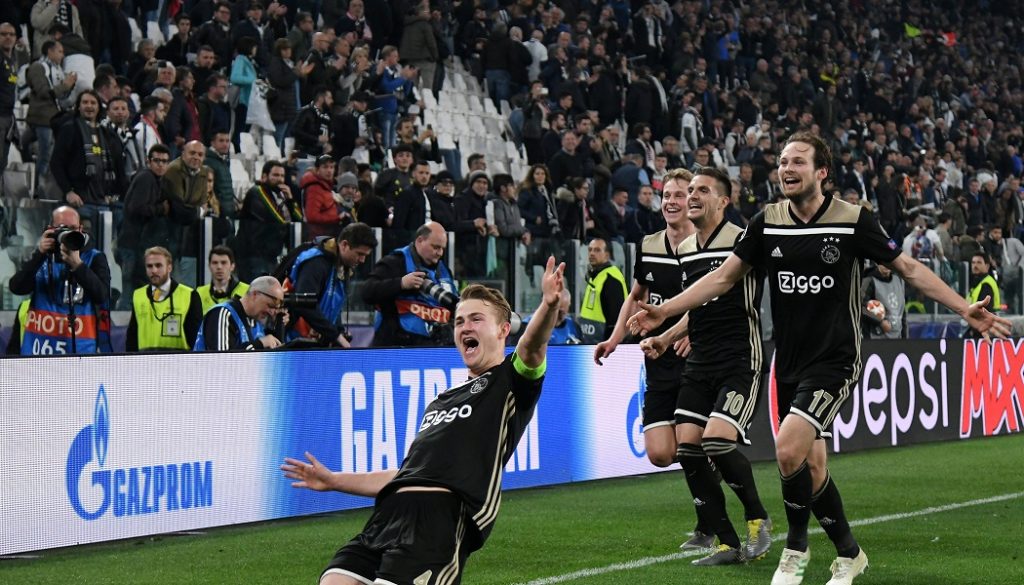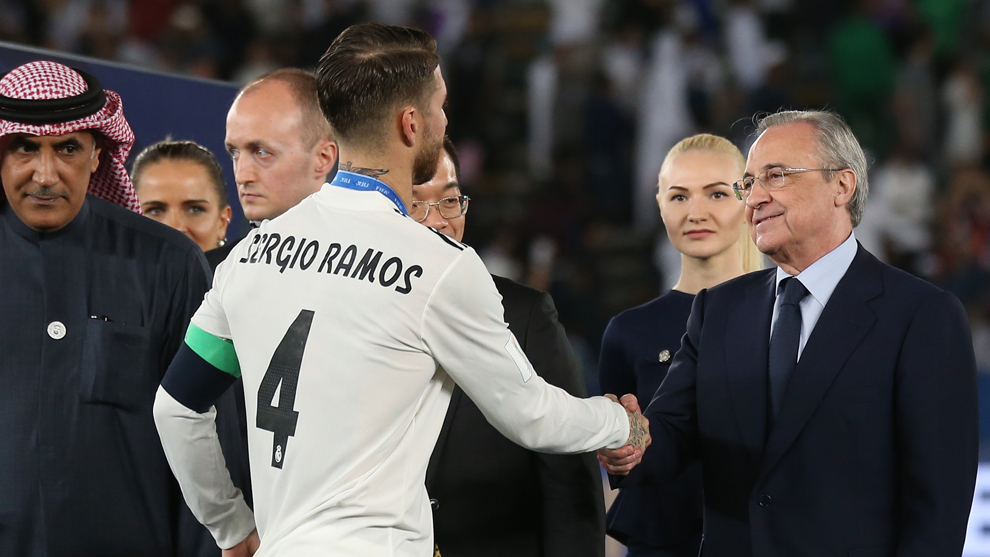PR Lessons From The Super League Announcement
April 20, 2021
David Alexander, Managing Director of Calacus, casts his eye over the weekend’s dramatic revelations of the Super League being launched by 12 of Europe’s biggest football clubs, and what can be learned from the announcement.
Fans were allowed back to watch football in person for the first time this year at the weekend when the FA Cup semi-finals took place at Wembley Stadium, with supporters able to attend Sunday’s fixture between Leicester City and Southampton.
In normal times, that would be something to celebrate and a key story dominating the sports headlines.
“The official release was published late at night, ignoring one of the basic tenets of PR that you don’t leave others to fill the void with negativity when controversial developments take place.”
But when news broke on social media of the breakaway European Super League (ESL), fans and media alike could talk of nothing else.
Clearly some senior sports news journalists had been briefed, based on the accuracy of the financial information that they shared.
Many of the revelations, which have subsequently been confirmed, suggested a tone deafness on the part of those clubs involved, some of whom have instigated redundancies, player pay cuts and even applied for staff furlough grants from the UK government, while millions have struggled during the pandemic.
The story also showed serious communications errors by the organisers and lessons that all sports organisations can learn from when it comes to issues and crises.
Timing
The news of the proposed European Super League broke on Sunday afternoon but it was not for some hours until the official statement was released to the public.
This gave plenty of time for the news to be digested by media, fans and players alike, who almost universally expressed outrage and fury at the perceived greed and senselessness of the proposals.
Governing bodies, fan groups and politicians were united in their anger and opposition.

A plan should have been in place to ensure that a comprehensive statement was made available at a pre-agreed time to put the ESL’s views across at the point when the story was expected to break.
As it was, the official release was published late at night, ignoring one of the basic tenets of PR that you don’t leave others to fill the void with negativity when controversial developments take place.
Narrative
Whether fans like to admit it or not, they love to see the top stars of world football playing for or against their team.
In the past week, seeing Neymar and Kylian Mbappe going toe-to toe with the might of Bayern Munich’s array of stars, for instance, provided a mouth-watering and engrossing tie that had everyone salivating at its spectacle.
But the Covid-19 pandemic has seen clubs lose tens if not hundreds of millions in lost revenue from ticketing, merchandise and food and beverage which have presented all sorts of financial challenges for clubs, particularly at the top of the game where salaries are sky high.
While some of this could be recovered once fans are allowed back into stadia, UEFA’s own new Champions League proposals appeared not to have convinced the 12 ESL clubs enough to gain their support when it came to it.
“The ESL did not focus on the challenges facing the clubs and the reasons why the UEFA proposals did not make sense.”
The ESL statement included: “The formation of the Super League comes at a time when the global pandemic has accelerated the instability in the existing European football economic model.
“The pandemic has shown that a strategic vision and a sustainable commercial approach are required to enhance value and support for the benefit of the entire European football pyramid.”
Given the parlous financial situation most clubs find themselves in, particularly the giants in Spain and Italy, claims that this is motivated by anything other than money lack credibility.
Florentino Pérez admitted as much when he finally spoke to a Spanish news organisation more than 24 hours after the story first broke, citing the need to recover lost earnings caused by the pandemic.
The ESL did not focus on the challenges facing the clubs and the reasons why the UEFA proposals did not make sense.
In doing so, they handed the moral high ground to their critics and rivals who themselves have not always taken into account the views of fans, players or clubs when making their decisions.
Leadership
The ESL statement quoted just three ESL executives, Real Madrid’s Florentino Pérez, Manchester United’s Joel Glazer and Andrea Agnelli, Chairman of Juventus.
When the press release was published on each club’s website, there were no individual quotes from executives of those clubs (even if they were not included in the original statement) with the curiosity of United’s Glazer even quoted on the website of arch-rivals Liverpool and Manchester City, something that would previously have been considered unthinkable.
“If their executives really believe in the proposals they are seeking to implement, why not have the confidence to put the ESL case forward in person?”
With such considerable financial backing, why were the executives of each club not guided on the key messaging so that they could engage with fans and media who are interested in their specific perspectives the day after the announcement?
If their executives really believe in the proposals they are seeking to implement, why not have the confidence to put the ESL case forward in person?
With no video news release or interview opportunities – remember that Zoom has been used in these socially-distanced times to great effect – the organisation gave the impression of arrogance and hiding behind its corporate backers at a time when the clubs’ fans are confused, angry and in need of direct engagement.
Engagement
Talking of engagement, the late, great Sir Matt Busby, who led Manchester United to the title and European Cup as it then was, once said “Football is nothing without fans.”
What the Covid-19 pandemic has confirmed is that football’s global appeal has not waned in empty stadia, despite the clear lack of atmosphere without fans cheering on their heroes.
The scheduling of matches over the past few years has made the loyal, died-in-the-wool match-going fans feel disengaged and ignored, with long journeys at inconvenient times required to accommodate television schedules in lucrative overseas markets.

Is it any wonder that in his statement, Perez said: “Football is the only global sport in the world, with more than four billion fans.” Hardly a ringing endorsement of those in Madrid who live and breathe their club and undermining his later comments that audiences were falling.
While football tourists make up an increasing number of those who attend matches in person, clubs used to rely on a loyal, mainly local fanbase, whose traditions and rituals are the fabric of the atmosphere and intensity which makes top level football such a spectacle.
Granted, fans have never been an integral part of the decision-making process for clubs and football administrators, but so many of the leaders of the ESL clubs rarely, if ever, give media interviews or talk directly to the stakeholders who should matter most.
Coaches of the English ESL clubs claimed not to have known anything about the plans until they were revealed at the weekend. Liverpool coach Jurgen Klopp, forced to speak ahead of the Leeds United game when his club’s owners had not yet faced the media, said: “People are not happy with it, I can understand it. I can’t say a lot more because we were not involved in the process – not the players, not me – we didn’t know about it. We will have to wait how it develops.”
What of the players? Now threatened with the prospect of being excluded from international competitions, how will they feel about these developments that they have had no opportunity to discuss before they were seemingly confirmed?
And how will club sponsors feel given the negative feedback towards their partners – will the ESL attract more sponsors or will the negative first impressions tarnish reputations in the short to medium term?
Vision
Football is all about entertainment, rivalry, and the jeopardy that can see a club win a trophy and be relegated in quick succession.
There is an argument that top clubs playing against top clubs in a closed format without relegation may lose its novelty, but even without engagement, the initial communications did nothing to excite and inspire the fans who loyally follow their teams home and away.
“It has been said that football clubs have been brands for some time, and if you subscribe to that train of thought, how much damage has been done to those brands and how will they recover?”
At a time when the football family should be working together to support all levels of the game from grassroots to elite level, these developments show how little club owners care about their traditional fanbase.
The prospect of shorter games and other rule changes to suit a younger audience whose attention spans are limited adds to the uproar and underlines the lack of understanding of the fundamentals that make football great.
It has been said that football clubs have been brands for some time, and if you subscribe to that train of thought, how much damage has been done to those brands and how will they recover?
***
These latest developments raise further questions about the importance of club owners as custodians of these great institutions rather than simply using them as income-generating playthings with no consideration for culture and tradition.
While there has been widespread criticism and this has continued to be handled poorly from a communications perspective, too many organisations have been sleep walking to the point where this has now happened.
And as a result of that apathy, the future of football now appears to be at stake.
You can find more information on David and Calacus by heading to their website – https://calacus.com/



